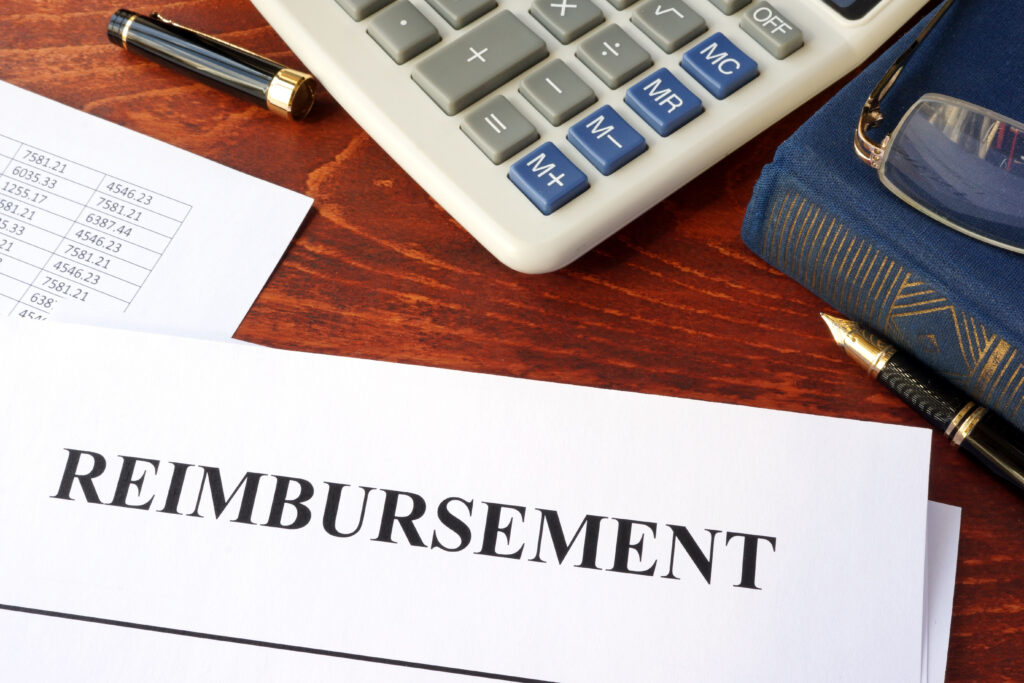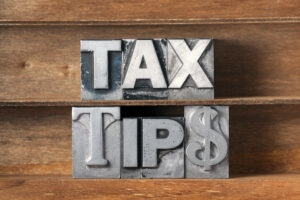Increase Employee Compensation for Work-Related Expenses

Increase Employee Compensation for Work-Related Expenses
The California Supreme Court recently tested the boundaries of Labor Code section 2802, ruling that employers may increase employee compensation by a fixed amount instead of reimbursing employees for work-related expenses.
California Labor Code section 2802 requires employers to indemnify (reimburse) employees for all necessary expenses incurred as a result of performing their job duties. Common reimbursements include mileage reimbursements and actual expenses for gas, lodging and work supplies.
In Gattuso v. Harte-Hanks Shoppers, Inc. (November 5, 2007) S139555, employees sued their employer for mileage reimbursement and other expenses.
The Court found that the employer, when it established the employees’ base salary and commission rate, included an additional amount for business expenses, and ruled that the employees’ total compensation package satisfied the employer’s obligations under section 2802.
In reaching its ruling, the high court explained that employers must establish a method to identify which portion of compensation is wages versus expense reimbursement. The court stated that employees may challenge the expense payment amount if it does not fully reimburse the employees for actual expenses necessarily incurred.
To comply with section 2802, the Court described three acceptable methods for an employer to reimburse employees for work-related expenses: (1) the actual expense method; (2) the mileage reimbursement method; and (3) the lump-sum payment method.
1. Actual Expense Method
The actual expense method requires employees to track their “fuel, maintenance, repairs, insurance, registration, and depreciation” for both personal and business use to submit to the employer, which the court found to be an “onerous burden.”
2. Mileage Reimbursement Method
Similar to the actual expense method, but less burdensome, the mileage reimbursement method requires employees to track their miles driven for business duties. The employer then reimburses a predetermined amount that reasonably accounts for the cost of owning and driving a car per mile.
Employers often use the IRS mileage reimbursement rate, which is currently 48.5 cents per mile.
3. Lump-Sum Payment Method
A lump-sum payment generally is based on the employee’s job duties and the distance he or she typically drives to perform those duties. The California Supreme Court found this method of reimbursement presumptively sufficient to comply with section 2802.
That is, an employer may enhance compensation such as base pay and/or commission so long as it fully compensates the employee for actual expenses incurred.
The employee is permitted to challenge the lump-sum amount by comparing the enhanced compensation with the amount he or she would get under either the actual expense or mileage reimbursement method. If the lump-sum payment is inadequate, the employer must make up the difference.
The employer must provide some means (a method or formula) to identify the amount of the enhanced compensation that is provided as expense reimbursement. This allows employers to readily determine wages versus reimbursement for purposes of complying with other labor and tax laws.
IMPORTANCE TO CALIFORNIA EMPLOYERS
The California Supreme Court’s decision provides a less burdensome reimbursement option for both employers and employees. While employers are still permitted to use the actual expense method or the mileage reimbursement method (typically using the IRS mileage rate), a lump-sum payment provides an alternative to onerous record keeping
. Using the lump-sum payment method relieves the burden on employers imposed by the actual expense method because an employer is not required to use complex allocation calculations, keep detailed records, or exercise frequent judgment regarding the reasonableness of expenses to determine if they are “necessary.”
Also, the lump-sum payment method works particularly well for employers with employees who drive the same route daily because mileage does not vary.
We hope you found this article helpful. If you have questions or need expert tax or family office advice that’s refreshingly objective (we never sell investments), please contact us or visit our Family office page or our website at www.GROCO.com.
Unfortunately, we no longer give advice to other tax professionals gratis.
To receive our free newsletter, contact us here.
Subscribe our YouTube Channel for more updates.

Alan Olsen, is the Host of the American Dreams Show and the Managing Partner of GROCO.com. GROCO is a premier family office and tax advisory firm located in the San Francisco Bay area serving clients all over the world.
Alan L. Olsen, CPA, Wikipedia Bio

GROCO.com is a proud sponsor of The American Dreams Show.

The American Dreams show was the brainchild of Alan Olsen, CPA, MBA. It was originally created to fill a specific need; often inexperienced entrepreneurs lacked basic information about raising capital and how to successfully start a business.
Alan sincerely wanted to respond to the many requests from aspiring entrepreneurs asking for the information and introductions they needed. But he had to find a way to help in which his venture capital clients and friends would not mind.
The American Dreams show became the solution, first as a radio show and now with YouTube videos as well. Always respectful of interview guest’s time, he’s able to give access to individuals information and inspiration previously inaccessible to the first-time entrepreneurs who need it most.
They can listen to venture capitalists and successful business people explain first-hand, how they got to where they are, how to start a company, how to overcome challenges, how they see the future evolving, opportunities, work-life balance and so much more..
American Dreams discusses many topics from some of the world’s most successful individuals about their secrets to life’s success. Topics from guest have included:
Creating purpose in life / Building a foundation for their life / Solving problems / Finding fulfillment through philanthropy and service / Becoming self-reliant / Enhancing effective leadership / Balancing family and work…

MyPaths.com (Also sponsored by GROCO) provides free access to content and world-class entrepreneurs, influencers and thought leaders’ personal success stories. To help you find your path in life to true, sustainable success & happiness. It’s mission statement:
In an increasingly complex and difficult world, we hope to help you find your personal path in life and build a strong foundation by learning how others found success and happiness. True and sustainable success and happiness are different for each one of us but possible, often despite significant challenges.
Our mission at MyPaths.com is to provide resources and firsthand accounts of how others found their paths in life, so you can do the same.
Kathryn K. Meier frequently conducts workshops for businesses and professional organizations on a variety of topics in the employment law area, including wrongful termination, proprietary agreements, wage and hour compliance, and sexual harassment. Ms. Meier advises her clients on all aspects of human resources issues from pre-hiring through termination of employees.
She is an active member of the Santa Clara County Bar Association, and previously served as its President in 1994.
IRS Eases Reporting Burden on Corporations and Shareholders
IRS Eases Reporting Burden on Corporations and Shareholders WASHINGTON — The Internal Revenue Service today announced new regulatory revisions that will reduce the reporting burden on corporations and shareholders while also making it easier for them to file their tax returns electronically. The announcement is part of an on-going effort by the IRS to remove…
How Is That Federal Tax Code Treating the Uber Rich?
How Is That Federal Tax Code Treating the Uber Rich? Earlier this year in his annual State of the Union Address, President Obama spent much of his speech discussing taxes. Specifically he talked greatly about the unfair tax system that favors the rich. If the president’s claims were to be believed, then you would think…
Tips to Help Taxpayers with January 30 Tax Season Opening
We thought it a good idea to share some tips to help taxpayers with the January, 30 tax season opening. The IRS will begin processing most individual income tax returns on Jan. 30 after updating forms and completing programming and testing of its processing systems. The IRS anticipated many of the tax law changes made…
Deductible Business Expenses
Deductible Business Expenses Business expenses are the cost of carrying on a trade or business. These expenses are usually deductible if the business is operated to make a profit. What Can I Deduct? To be deductible, a business expense must be both ordinary and necessary. An ordinary expense is one that is common and accepted…




